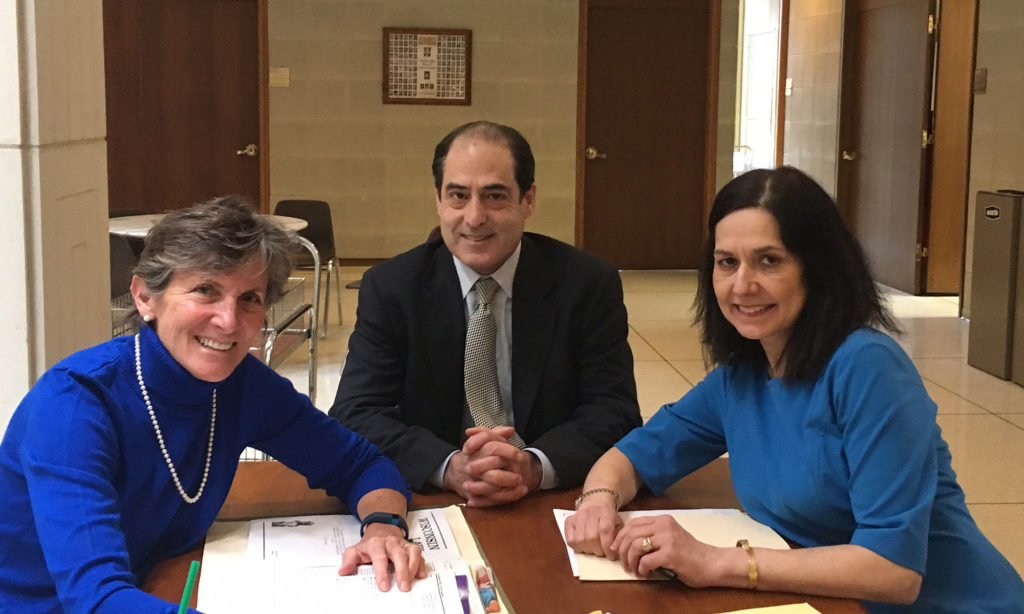A post in the Good Life sugblog posits whether NC is already a state with Medical Aid in Dying available as an End of Life option. The blog looks to the Jan 2019 UNC Law Review article of Attorney Kathryn Tucker, a respected authority in end of life liberty, and the supporting op-ed by four NC-licensed physicians in the NC Medical Journal. While reviewing the logic of Atty Tucker's analysis, the blog concludes that in the absence of judicial clarification, it is not certain that MAID is indeed available.
What is clear is this: whether, as a technical matter of law, MAID is not a prohibited practice, a terminally ill patient will have a very difficult time finding a NC doctor willing to write a prescription or even willing to advertise their availability. There is a world of difference between something being technically legal, and something being accessible. People at end of life cannot be expected to undertake a state-wide search for that rare physician willing to take the risk of writing an End of Life prescription in a state where the State Medical Society remains officially opposed to MAID and where there is no statutory immunity from civil or criminal or administrative prosecutions.
For the present, it would be a misleading stretch to suggest NC is a state where MAID is accessible, whether it is legally permissible or not. DRNC's mission remains to expand end of life options for North Carolinians, and that goal, of necessity, means ensuring that those options are readily available and accessible, not merely theoretically permissible under certain circumstances. It may well be the case that a physician with the courage to push the envelope and risk years of litigation may be identified somewhere in NC, but that person has not yet been located. Until then, it is elevating form over substance to argue that NC is a MAID state.

Edmund Tiryakian
Ed Tiryakian, J.D., MBA, founded Dying Right NC in 2015 and is its Executive Director. He previously worked in international banking in Asia before retiring to his native NC.He believes End of Life issues are one of society’s most pressing challenges as we all live longer and the medicalization of the dying process continues to conflict with the individual’s right to choose his or her end.


